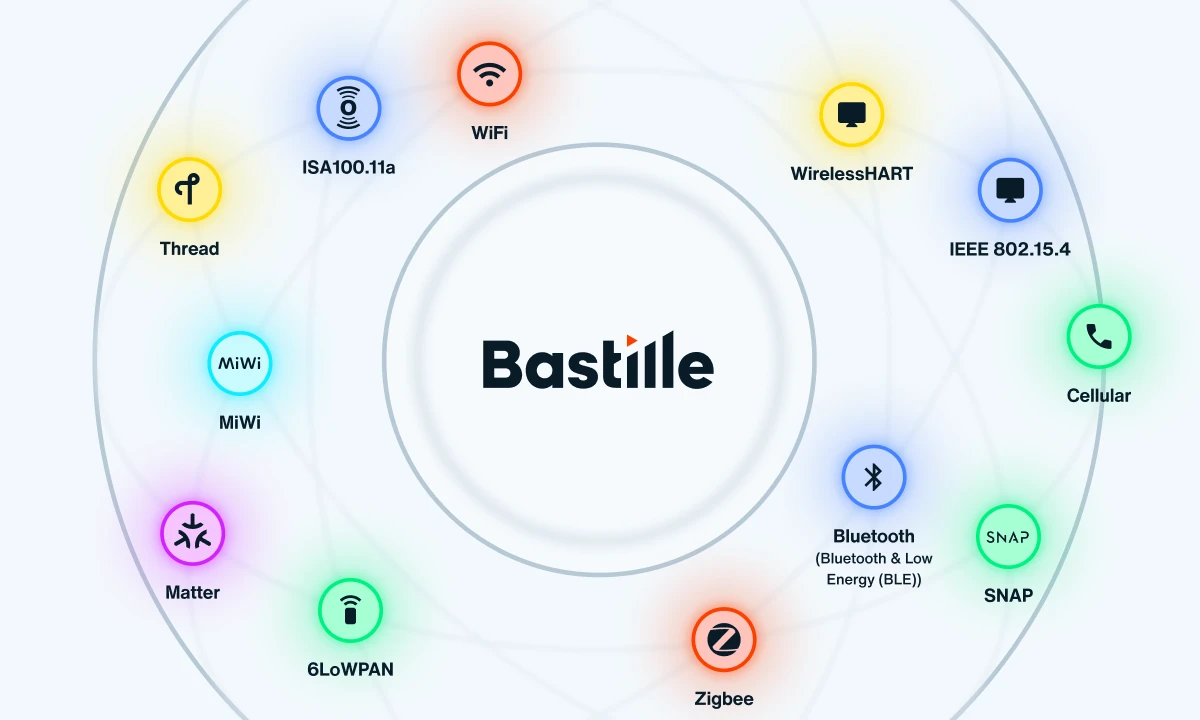Series: Be Wary of Wearables, Part 1
According to some estimates, the wearable market is set to explode, reaching nearly $12 Billion by 2020. Fitness trackers alone are currently a $2.2 Billion dollar industry. While these devices are designed to help make our lives easier, more efficient, and healthier, there are some critical flaws in the technology that will undoubtedly fill many stockings this holiday season. This blog series will focus on some considerations for consumers and businesses alike as this new boom of wearable technology finds its rightful place in our everyday lives.
Privacy
Allow me to paint a picture. Your loving spouse decides 2015 will be the year of fitness for your family. To jump start your new, healthier lifestyle, you get a fitness band to help you understand your daily activities. You set up your device, integrate it with your phone, and install third party apps, like MapMyRun, to help keep you accountable with friends. What you probably haven’t done is read the terms and conditions and privacy statement from your new fitness pal.
Here’s what many privacy policies state you agree to when using their devices and services:
- Agree to allow the product company to use your data for any purpose they choose
- Agree to allow the product company to sell or share your information
- Release the product manufacturer and it’s “partners and affiliates” from any liability to how this information is used
People are unaware that by using these devices and the data they provide to become more enlightened to their activities (coined the quantified self), they are unknowingly releasing tons of personal information and data to the manufacturer. Some products are better than others when it comes to privacy, but after combing through numerous privacy policies, we found that many manufacturers require you to give up your data for the purposes of marketing, tracking, and just about any other reasons they deem necessary.
While this might not seem like a big deal, essentially your agreement to these invasive policies turnsyou into the product. Not only are you agreeing to get emails when you’ve taken enough steps to need a new pair of shoes, but if those steps slow, you could start receiving emails for weight loss meals or gym memberships. Or what about those third part apps that track where you’ve been? Run by the same department store everyday? You just might start getting text messages with coupons.
These intrusions may seem a small price to pay for health, but when you authorize companies to share your personal data, it can be for sale to the highest bidder. What if your fitness band started sharing your sedentary lifestyle with your insurance company? That could spell trouble for your premiums. Finally, as one last word of caution, we’d be remiss to not share this story of the year – if you’re going to use a fitness tracker and share your activity with your spouse, make sure you can explain those increases in heart rate or you might find yourself running for a reason other than weight loss.
The next blog in our series will explore security and how to stay safe in a shared world.




